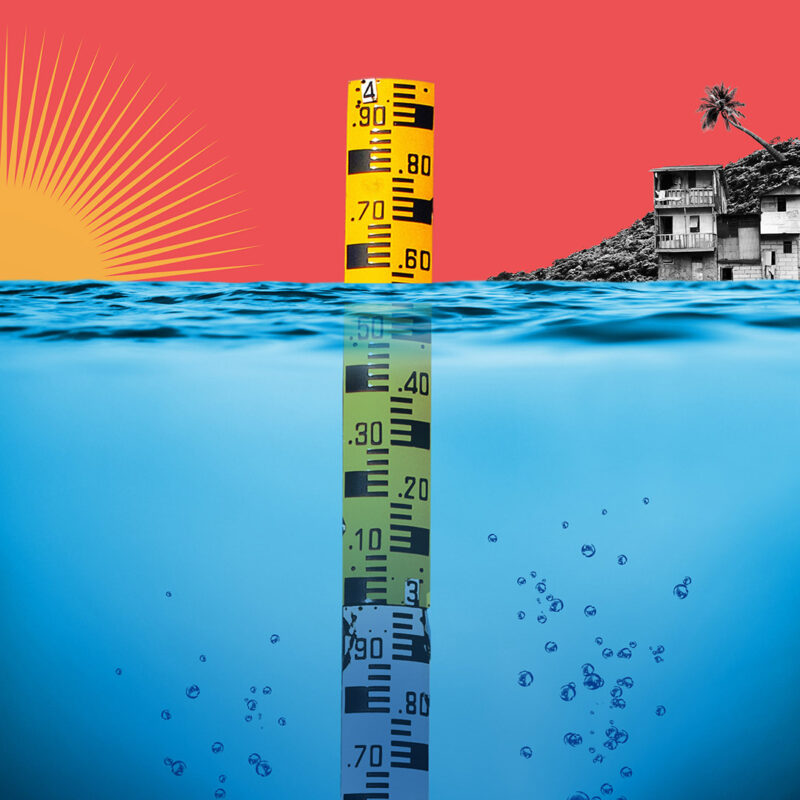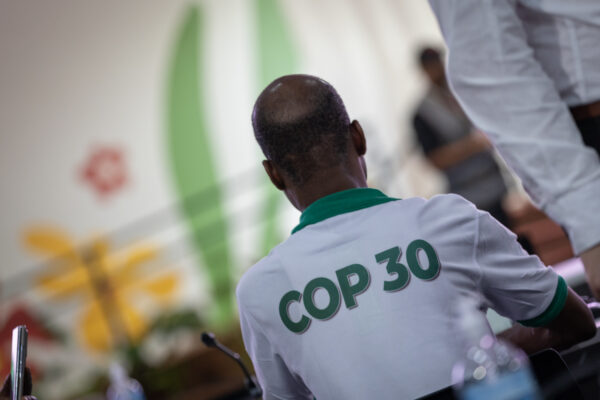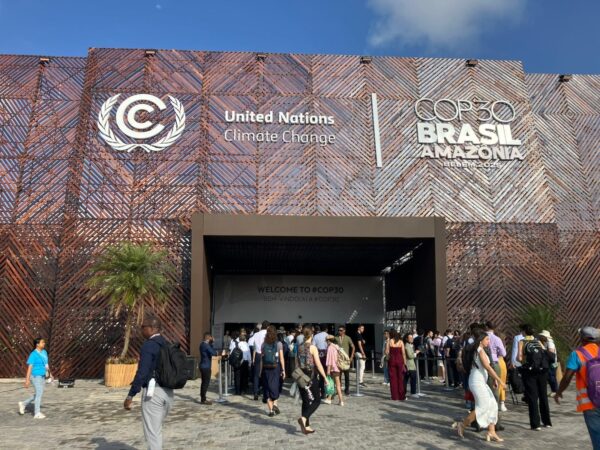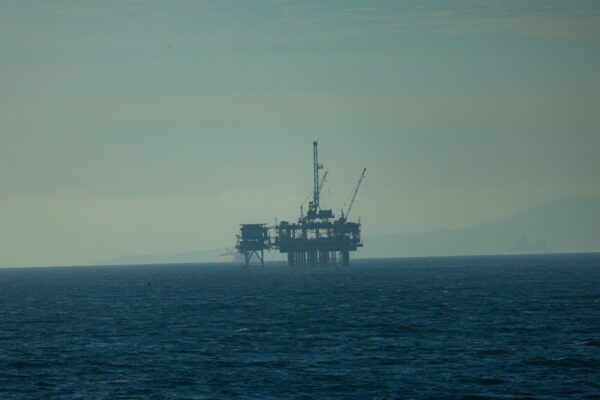Expert reviewers comment on new UN report on sea level rise referenced today by the Secretary General in his speech to the Pacific Islands Forum in Tonga
New UN report launched by the Secretary General at the Pacific Islands Forum in Tonga speaks to the serious risks to the region from sea level rise if we are not able to limit warming to 1.5°C.
Share

Download the report here. Media resources available here.
- Current policies and climate action has the world on a path to 2.7°C of warming, which would lead to sea level rise of 20cm above 2020 levels by 2050 and 56cm by 2100.
- This would have a devastating effect on Pacific Islands, with low-lying areas being permanently lost. The average height of Pacific Island atolls is 1-2m above sea level.
- Limiting warming to 1.5°C and achieving net zero around mid-century would result in a sea level rise of 18cm by 2050 and 38cm by 2100 compared to 2020 levels – or 30% lower sea levels in 2100 than under a 2.7°C scenario.
- Small island nations are already experiencing impacts from climate-related sea level rise and need loss and damage finance to address them.
“In 2020, some Pacific Island nations including Vanuatu, Papua New Guinea and Micronesia lost more than 1% of their GDP to rising seas. The need for loss and damage finance is here today, and costs will only rise without urgent climate action now,” says report reviewer and Climate Analytics Senior Scientist, Dr Rosanne Martyr.
“The more we delay phasing out fossil fuels, the more sea level rise we’re locking ourselves into, and the earlier damages will occur. Taking action to limit warming to 1.5°C will slow sea level rise significantly. 2.7°C of warming is terrifying, as it would continue to accelerate sea level rise, bringing forward damages by fifty years and lead to close to a metre of sea level rise for Pacific Islands by 2150,” says report reviewer and Climate Analytics CEO, Bill Hare.











